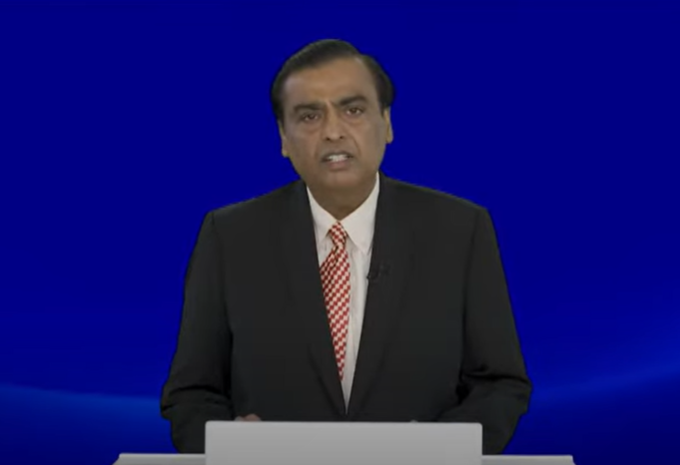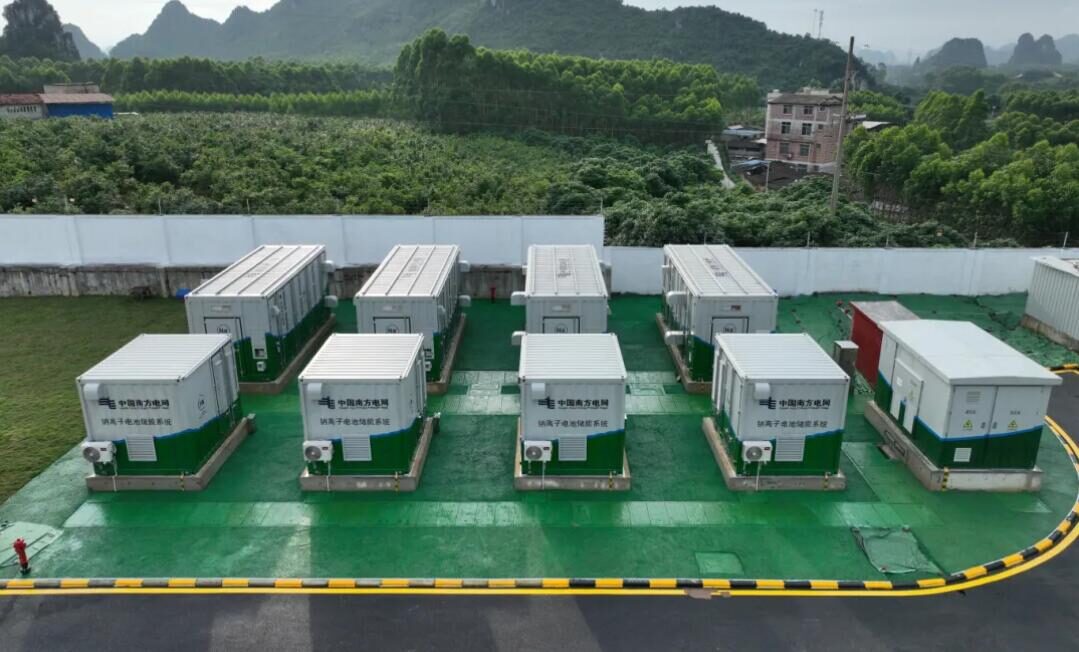From pv magazine India
Mukesh Ambani, the richest person in Indian, has revealed that his company, Reliance Industries, will enter the new energy business. The company has aggressive plans to manufacture and fully integrate critical components spanning every stage of the solar supply chain, advanced energy storage, hydrogen production, and fuel cells.
Ambani said the company plans to invest $ 8.1 billion) to set up four gigafactories. They will include an integrated PV module factory, an advanced energy storage battery factory, an electrolyzer factory for the production of green hydrogen, and a fuel cell factory to convert hydrogen into power.
Work has already started on the development of a manufacturing complex in Jamnagar, in the Indian state of Gujarat. The solar gigafactory will cover the entire silica-polysilicon-ingot/wafers-cells-modules chain.
“We aim to establish and enable at least 100 GW of solar energy by 2030,” said Ambani.
For the advanced energy storage factory, Reliance Industries is exploring new and advanced electrochemical technologies that can be used in large-scale grid batteries. It will collaborate with global leaders in battery technology to achieve the highest reliability for round-the-clock power availability through a combination of generation, storage, and grid connectivity.
The electrolyzer factory will manufacture modular electrolyzers. These will be used for captive production of green hydrogen for domestic use and global sale.
This content is protected by copyright and may not be reused. If you want to cooperate with us and would like to reuse some of our content, please contact: editors@pv-magazine.com.




1 comment
By submitting this form you agree to pv magazine using your data for the purposes of publishing your comment.
Your personal data will only be disclosed or otherwise transmitted to third parties for the purposes of spam filtering or if this is necessary for technical maintenance of the website. Any other transfer to third parties will not take place unless this is justified on the basis of applicable data protection regulations or if pv magazine is legally obliged to do so.
You may revoke this consent at any time with effect for the future, in which case your personal data will be deleted immediately. Otherwise, your data will be deleted if pv magazine has processed your request or the purpose of data storage is fulfilled.
Further information on data privacy can be found in our Data Protection Policy.